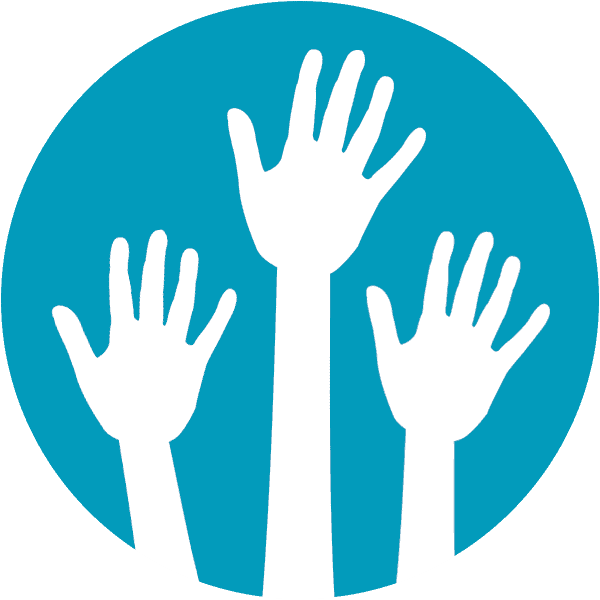New Grant Explores Patient Response to Alcohol in Myoclonus-Dystonia
The Myoclonus-Dystonia Research Program is a partnership between the DMRF and the Brown Family Foundation focused on advancing knowledge of this inherited movement disorder. Myoclonus-dystonia (M-D) is a movement disorder characterized by a combination of rapid, brief muscle contractions (myoclonus) and/or sustained twisting and repetitive movements that result in abnormal postures (dystonia). Non-movement features may include obsessive compulsive disorder, depression, anxiety, alcohol abuse, and panic attacks.
The latest call for M-D research proposals focused on getting to the bottom of an aspect of the disorder that may have significant implications for designing new treatments: patient response to alcohol. One of the noticeable characteristics of M-D is that consuming alcohol often results in a dramatic reduction in myoclonus symptoms and may also reduce dystonia symptoms. However, the negative health effects of excessive or prolonged alcohol consumption prevent it from being a viable therapeutic option. One study suggested that over 40% of individuals with M-D meet criteria for alcohol dependence.
M-D is not the only type of dystonia that responds to alcohol. A survey of nearly 1,300 individuals with dystonia by the Dystonia Coalition found that nearly 30% percent reported reduction of dystonia symptoms with alcohol. The survey included participants with focal, segmental, and generalized dystonia.
These findings raise the possibility for new therapies that mimic the benefits of alcohol without the unhealthy risks. A study led by Cecile Gallea, PhD at Salpêtrière Hospital, Paris entitled, “Octanol Effect on Symptoms and Network Dysfunction in Myoclonus Dystonia: An Intoxication-Free Therapy?” examines the utility of an alternative type of alcohol as a treatment approach.
Click here for a summary of this research project
The Dystonia Medical Research Foundation is a 501(c)(3) non-profit organization dedicated to advancing research for improved dystonia treatments and ultimately a cure, promoting awareness, and supporting the well-being of affected individuals and families.



